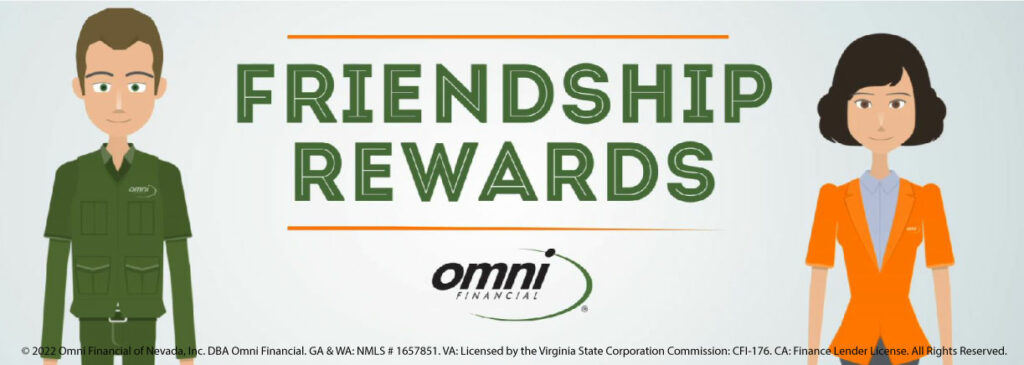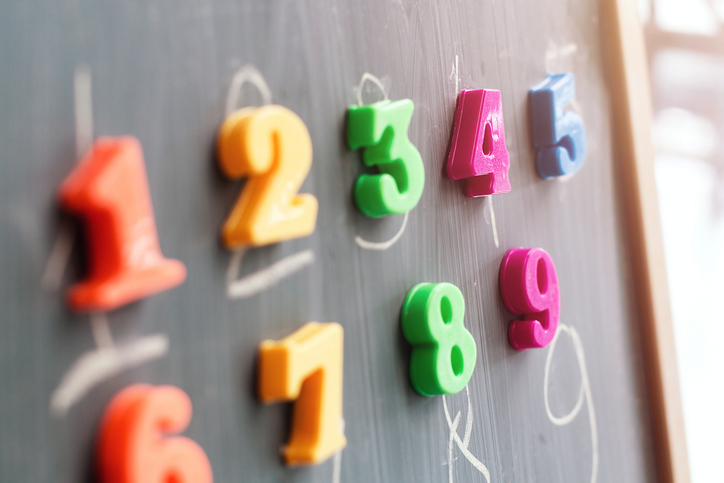The first step. The first words. The first visit to the beach. All of a child’s “firsts” are so special. One first that is also important is a child’s first experience with formal education, which is usually pre-kindergarten.
Going to a pre-K program is a significant milestone in a child’s life. Children are generally four or five years old and the curriculum is focused on a child’s academic, social-emotional and physical development so that they are prepared for kindergarten. In pre-kindergarten, children will develop language, math and problem-solving skills, and learn how to work independently and as a group. Here are some ways you can help your child get ready for this critical stage of learning and development.
Tips to Help Prepare Your Child for Pre-K
Practice life skills
Work with your child to practice skills like putting on shoes, washing hands, zipping a jacket, hanging up a coat, and packing a backpack. Knowing how to do these everyday tasks will foster independence and help your child feel confident on the first day of school.
Play school
Role play scenes from a pre-K classroom, like greeting the teacher, reading time, recess or singing songs. Turn these scenarios into teachable moments and reinforce saying “please,” “thank you,” and “excuse me.” Encourage sharing and taking turns.
Read books about school
Reading to your child is so important. According to this article in EarlyMoments, studies have shown that reading to your child between the ages of two and five can improve academic performance and communication, speech and language skills, and concentration. As your child is approaching his or her first day of pre-K, reading books related to this subject can help ease anxiety and get your child excited about this special time. These stories will help your child realize that being a little nervous is normal, but that going to school will be a positive experience. Visit Noodle.com for a list of seven children’s books about preschool that you can read with your child to prepare him or her for the big transition.
Shop together for school supplies
Once you get your list of needed school supplies, take your preschooler to the store and shop for them together. Let your child pick out the backpack, lunch tote, markers, etc. Allowing your son or daughter to choose some supplies, clothes and gear will empower them and instill enthusiasm about bringing them to school.
Attend group activities
Participating in group activities such as story times, sports or playgroups with your child will help your son or daughter become acclimated to being around new people. They will learn how to follow rules and how to behave in certain situations. Depending on the activity, children will have to share, take turns, listen to directions, sit quietly, win and lose gracefully, work as a team, and do other things that will become part of their day-to-day lives in pre-K and beyond.
Establish routines
Schoolchildren are expected to follow routines, so introducing them to a routine at home can help them get into the habit of doing specific things at specific times. Examples of some routines to reinforce include washing hands after using the toilet, throwing away garbage, and cleaning up toys after playing.
Visit the school
Walking into a classroom for the first time can be scary for a child of any age, but especially for a four- or five-year-old who has no frame of reference for what to expect. Visit the school with your child before classes start to help familiarize him or her with this new environment. Ask if someone can give you a tour of the classroom and explain the different areas of the room such as the cubbies, the reading corner, group activity area, etc. Ask if you can take a walk through the playground and play on the equipment.
While not all transitions to pre-K are smooth, with proper preparation, your child will hopefully be better equipped to embrace this exciting new phase of life. Your son or daughter will be eager to learn, more confident, and have skills and behaviors that may help ease the adjustment.
This blog is for informational purposes only.

Friendship Rewards Program
Refer a friend and get a $25 Omni Gift Card



